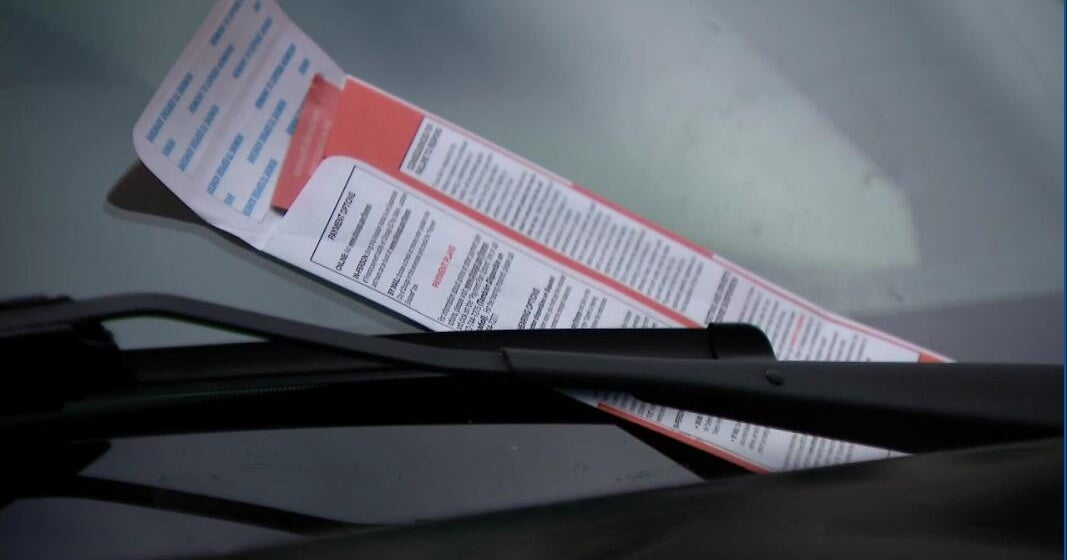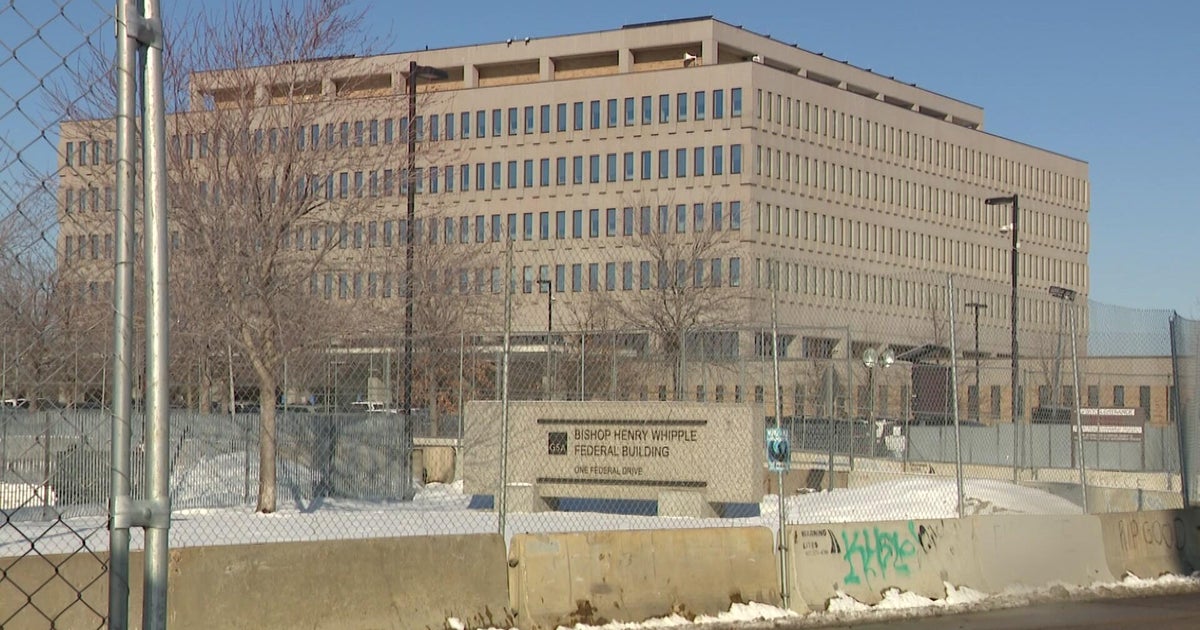NJ Doctors Sue To Block 'Unconstutional' Obamacare
NEWARK, N.J. (CBSNewYork/AP)-- A federal appeals court hearing arguments Wednesday in a lawsuit challenging the constitutionality of last year's U.S. health reform law focused primarily on whether plaintiffs need to demonstrate they are suffering economic harm now or will when the part of the law mandating that everyone have health coverage takes effect.
The lawsuit was filed last year by New Jersey Physicians Inc., described as an advocate for doctors and patients, and by a patient identified only as John Doe. It challenges the law's requirement that citizens purchase insurance.
The suit was dismissed in December by a U.S. District judge who ruled the patient didn't have standing to sue because he could be covered by an employer's health plan by 2014, when the insurance requirement takes effect.
More than two dozen states have challenged the health care overhaul in similar lawsuits, contending it exceeds the federal government's powers. This week, a New Jersey state lawmaker introduced a bill that would nullify the health care law and fine or imprison any federal employee or contractor who attempts to enforce it.
In arguments before the three-judge panel in Newark on Wednesday, plaintiffs' attorney Robert Conroy said even though the patient in 2014 might have a job that could provide him with health insurance, he should have the right to choose whether or not to accept it without facing a penalty for not doing so, as he would under the law.
"He doesn't want to buy insurance, and he shouldn't be required to buy insurance under the Constitution,'' Conroy told the judges.
U.S. 3rd Circuit Court of Appeals Judge Michael Chagares noted that not enough is known about the patient's insurance status now, making it difficult to assess how it would be affected in the future.
"We have to satisfy ourselves there's a concrete injury or there's actual harm,'' he said.
Deputy Assistant Attorney General Beth Brinkmann, arguing for the government, conceded that plaintiffs may have an easier time being granted standing to sue as the time approaches for the law to be implemented. While there is no specific economic impact now, she said, if a person is employed in 2014 and doesn't want insurance, there could be stronger grounds for suing.
"What's the time frame?'' Judge Kent Jordan asked. "Six months? A year?''
"A reasonable time'' before the law takes effect, Brinkmann replied.
Conroy also argued that doctors such as New Jersey Physicians' head, Mario Criscito, will be harmed by the law because their fees could decrease. The judges questioned whether those claims were too speculative to determine whether the current suit should go forward.
The judges didn't indicate when they would publish a ruling.
Criscito, who was not at Wednesday's arguments, is no stranger to the court system. In March, a federal judge ordered him to pay more than $4 million to a group of cardiologists who accused him of mismanaging their pension fund over a 30-year period ending in 2007. Conroy, who represents Criscito in the matter, said the judgment is being appealed.
Is the federal government telling citizens they are mandated to purchase healthcare unconstitutional? Sound off in our comments section below…
(TM and Copyright 2011 CBS Radio Inc. and its relevant subsidiaries. CBS RADIO and EYE Logo TM and Copyright 2011 CBS Broadcasting Inc. Used under license. All Rights Reserved. This material may not be published, broadcast, rewritten, or redistributed. The Associated Press contributed to this report.)







